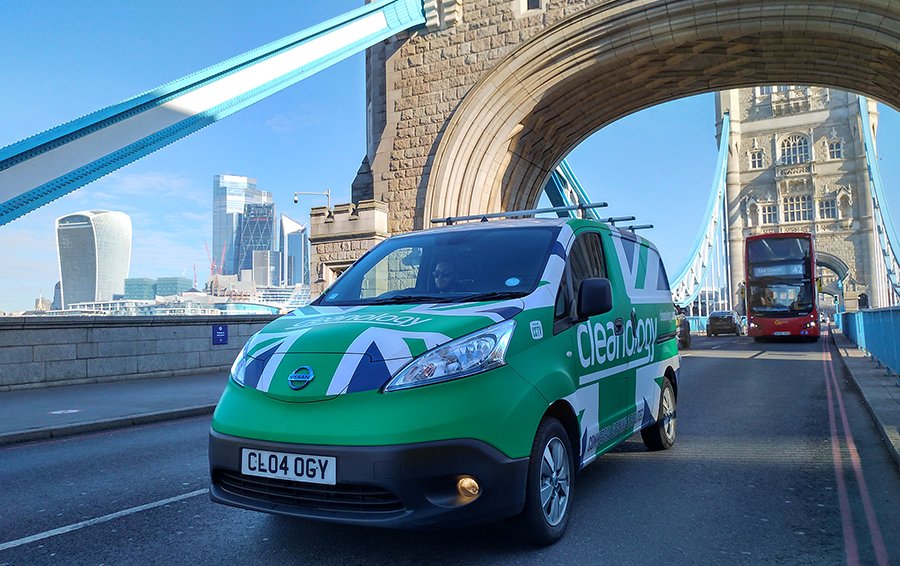It’s time for cleaning to stand firm. CEO of Cleanology, Dominic Ponniah, argues that we need to value ourselves and shout about our achievements.
Cleaning is an industry of two extremes. On one hand, our top businesses focus on quality of service and staff recognition; at the other end, contracts are decided on price. While these two poles are unlikely to meet, the gap is widening, and this should concern anyone with the best interests of the cleaning industry at heart.
The race to the bottom epitomises the struggles we face. The pandemic has gone some way to raising the status of cleaners as key workers, but we have a long way to go to before cleaning operatives are valued as highly as they deserve. At management level, our industry struggles to attract the top candidates, who feel cleaning is not as bright and sparkly as other sectors like hospitality or retail. In my business, Cleanology for example, our recent candidates have been drawn by our work on sustainability or fair pay, rather than a driving desire to work in cleaning. So, what can we do to shift perceptions, and move cleaning from a commodity to a valued business essential?
The first step is, perhaps an obvious one. We need to value ourselves more. This doesn’t just mean valuing our individual businesses, but our staff and our sector as a whole.
In the past, it was common for companies to undercut each other. I remember once taking part in a reverse auction for a contract with a well-known high street brand. As the bids fell lower and lower, I decided never to participate in such a demoralising event again. Quality of service, innovation and commitment to staff or the environment played no part in the decision.
I emerged from the experience with a resolve to maintain standards and refuse to reduce my staff to numbers. These types of contracts are demoralising for companies and their staff and drive an industry where businesses are run on a shoestring with a very real danger of going bust.
In the race to the bottom, prices just get lower and standards fall exponentially. Luckily, I hope we are starting to see a move away from cleaning as a commodity to cleaning as a business investment, which is keeping people safe. This move has been accelerated by the pandemic, but many clients were already on this path, wanting to base their decision on larger issues than just price.
The London Living Wage is a clear example. Once the exception, it is now becoming mainstream. We have come across prospective clients that will only work with cleaning firms that pay London Living Wage across all their contracts.
Soon, fair rates of pay will be normal practice, and at this point, the balance of power will tip – everyone will start from the same point. Once price is a given, contracts will be decided on issues like environmental performance and innovation, on how to deliver a good service.
Changing external perceptions is more tricky. We can look after staff, and create a clean, positive working environment, but if that message is not transmitted to the wider world, we will never attract the best teams.
In the All-Party Parliamentary Group (APPG) for Cleaning & Hygiene, we are focusing on the long-term legacy of COVID-19, and how this affects the view of our industry. We can do this by reinforcing the message that people are properly trained and can benefit from real career progression.
The story of the retail shelf-stocker turned MD is well-known; we can do the same. Cleaning is an exciting industry with opportunities for progression. We just need to value ourselves and shout about our achievements.






